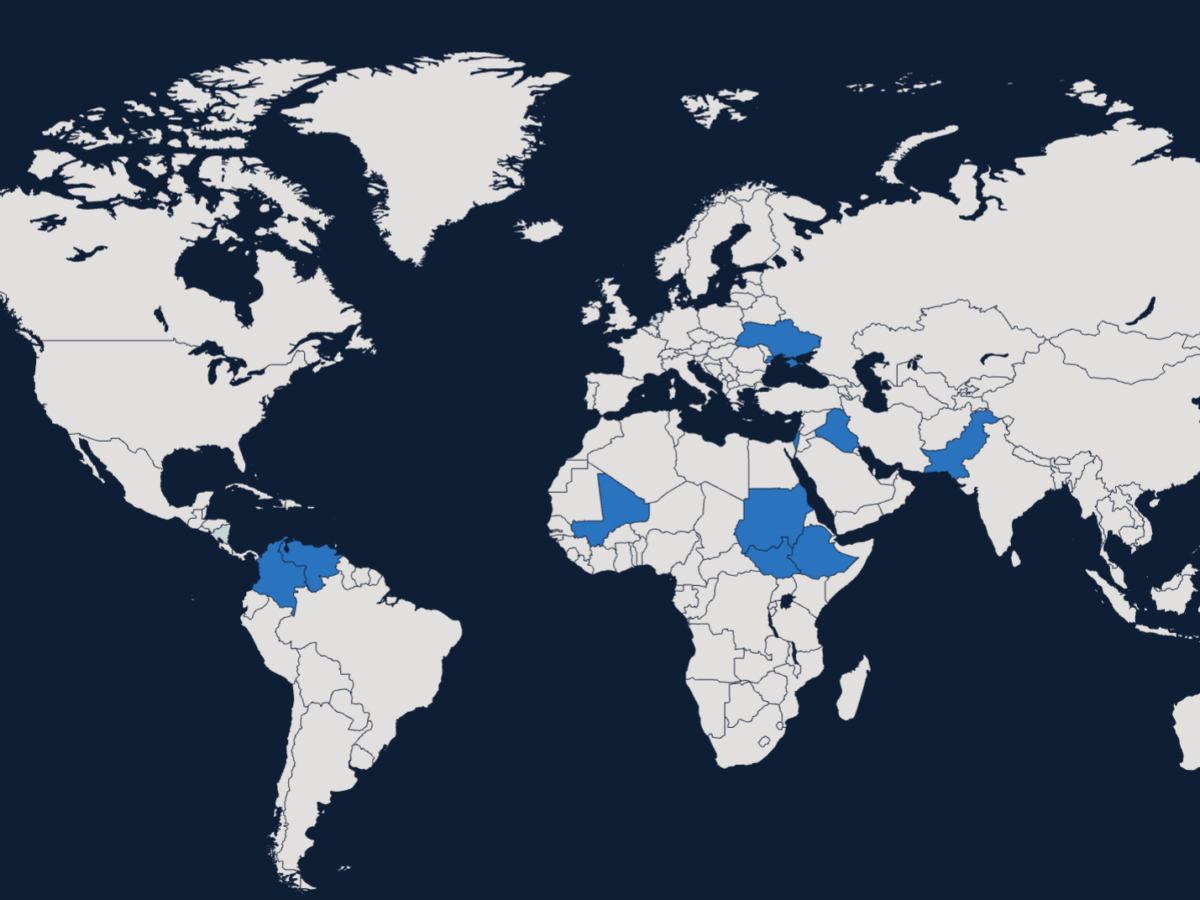Women in Politics & Gender Equity in Policy: South Africa & Uganda
Summary
There are more women in politics in Uganda and South Africa today than in many more developed democracies. This significant achievement owes to explicit affirmative action interventions in political institutions and processes to favour women’s participation. This article analyses these measures for their effectiveness in bringing more women into government, and for their impact on the perceived legitimacy of women in power. It goes on to stress that there is a difference between a numerical increase in women representatives, and the representation of women’s interests in government decision‐making. The one does not automatically lead to the other, not just because individual women politicians cannot all be assumed to be concerned with gender equity, but because of institutionalised resistance to gender equity within the apparatus of governance. This problem is exacerbated in the context of structural adjustment, which rules out social welfare measures to subsidise women’s reproductive contributions to the economy and thereby level the economic playing field between women and men. In spite of these obstacles, women in power in Uganda and South Africa have taken significant steps to articulate women’s interests in politics, with a particular focus on problems of violence against women.
Citation
Goetz, Anne Marie. “Women in Politics & Gender Equity in Policy: South Africa & Uganda.” Review of African Political Economy 25, no. 76 (1998): 241-62.
Explore More

Conflicts and Trends to Watch in 2026

Women, Peace, and Security Shadow Report to Congress: What Was Built, What…
